Use this A1C chart to easily convert your A1C value to average blood glucose. See the normal range and how to lower your A1C. Learn how to take charge of diabetes care by using diabetes resources and your healthcare professional's advice.
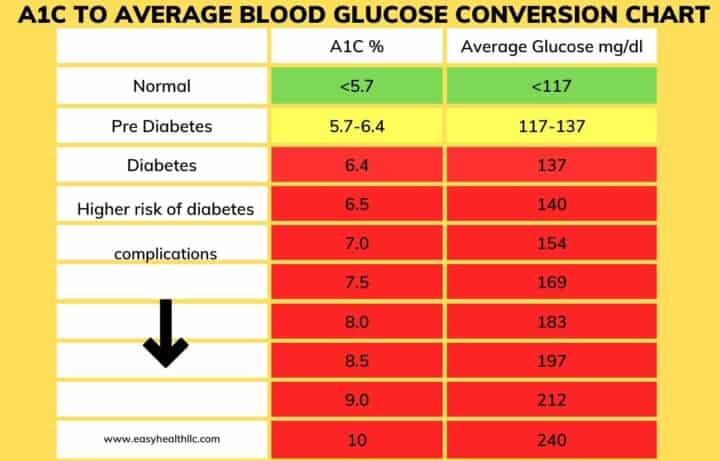
Jump to:
What is A1C?
Most people with diabetes are always looking for info and tips to help them control their blood glucose. Does your doctor or healthcare professional "make a big deal" about your A1C level? Wanting to use an A1C chart conversion to stay on track? Glycohemoglobin (HgbA1C or A1C) is a test designed to measure the amount of glucose bound to hemoglobin in the blood.
People who have diabetes may have more glycohemoglobin than average. Most clinical diabetes groups prefer the use of the term A1C when describing this test. A1C blood test is a helpful tool for measuring the level of long-term glucose control. Red blood cells in the body have an average life of 3-4 months and the amount of glucose cells have been exposed to during their life can be measured and reported.
This information can be used to diagnose and/or treat diabetes mellitus. If you have diabetes, your level should be below 7%. This will reduce your chances of suffering the complications of diabetes. Lets look at some diabetes resources and info that may help:
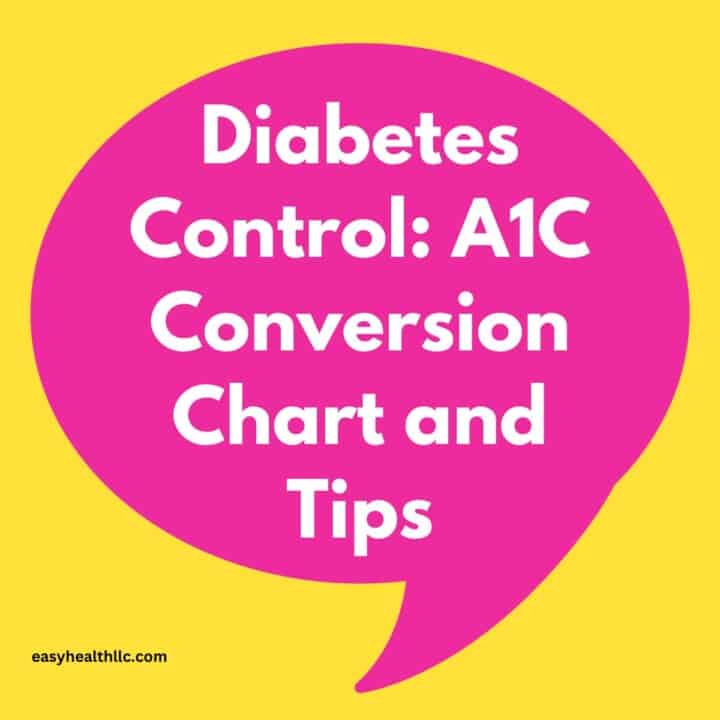
What are foods I can eat to lower my number?
- Monitoring your carbohydrate intake is essential to lowering blood glucose levels and therefore A1C levels. The foods you eat can have a direct impact on your blood glucose. Carbohydrate examples include potatoes, rice, bread, fruit, milk,and other starchy foods. When too many carbs are eaten, the blood sugar may rise too high. Frequent blood sugar spikes will be reflected as a high A1C level.
- Lower carb recipes and diabetes friendly meals will help lower blood sugar levels and therefore be reflected as a lower A1C level. Be careful of "hidden" sources of carbohydrate. These include breading on meat, sauces, and low fat dressings.

- Label reading is important when grocery shopping. Check the total carbohydrates on the label in order to stay in your ideal carbohydrate range. Try to focus on measuring carbs and eating non-starchy vegetables, lean meats and unsaturated fats. Eating 3 medium size meals each day and 1-2 snacks will also help stabilize blood sugar.
- Be sure to ask your healthcare provider for individualized advice regarding any changes you would like to make in your eating habits including cooking tips, lower carb snacks and eating out with diabetes. Planning ahead will increase your chances of success regarding your diet and will help you include diabetes friendly comfort foods.
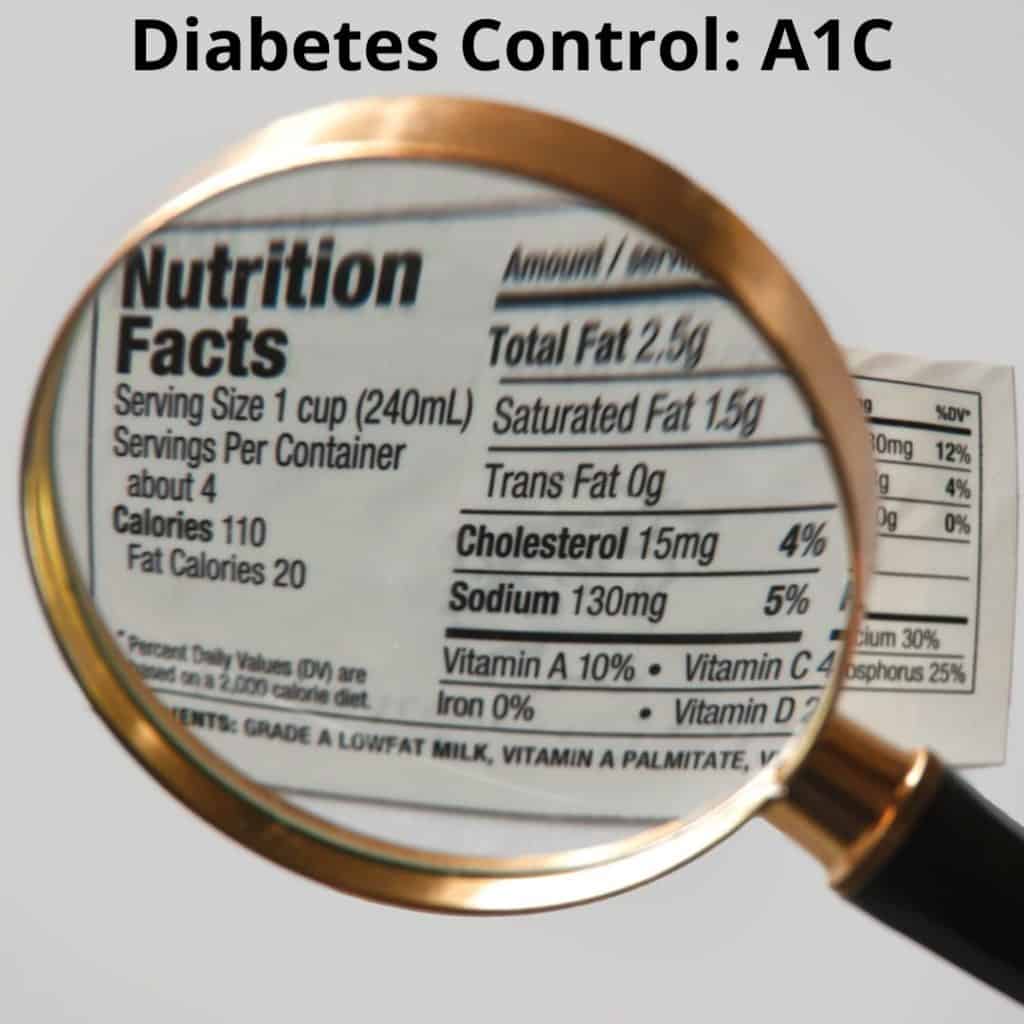
How can I get my number down quickly?
- Exercise helps to lower your blood glucose levels by allowing your body to use its own insulin more effectively. This will, in turn, help lower A1C levels. Exercise also tones and builds muscle which is more metabolically active than fat. Ask your health care professional for advice on how to start a safe exercise program.
- Medications can play a very important role in lowering A1C. Be sure to follow your health care provider's advice regarding diabetes medicines. For those who are newly diagnosed with diabetes, it can be very helpful to keep a diary of foods eaten, medications taken and timing. This information can be very useful to your physician.
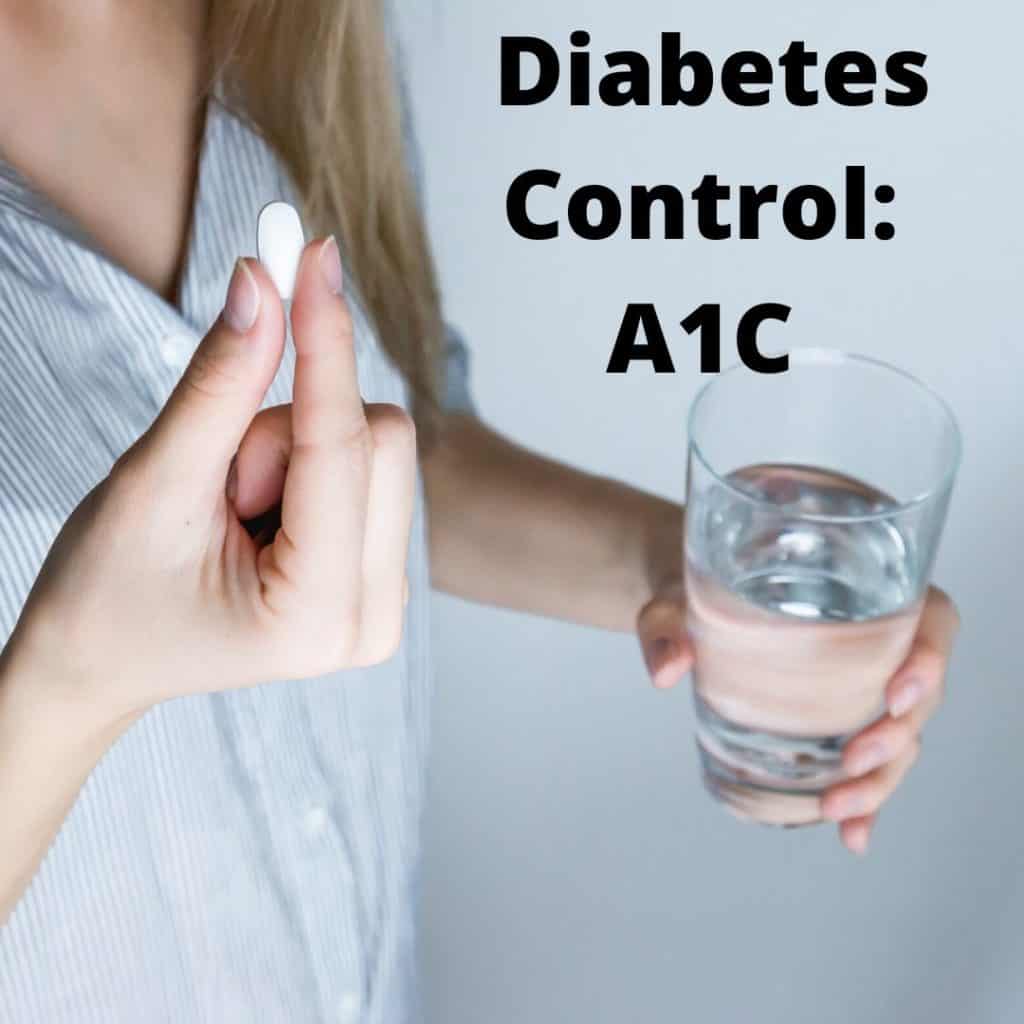
Some of the ways medicines can lower A1C
- cause the liver to reduce its output of glucose
- adding insulin when the body is not producing a sufficient quantity
- reducing insulin resistance by making the body more sensitive to it's own insulin
- cause the body to increase production of insulin
Keep in mind that illness or infection can also affect A1C. Be sure to make a note of any illnesses you may have had so you can offer your healthcare provider this information at your next visit.

A1C Control Resources
Always consult with your healthcare provider before making any changes to your routine. Make a list of your questions, then meet with your healthcare professional to get guidance and medical advice. Your team can assess any medical conditions or risk factors you may have that can impact your care.
- What is "Normal" A1C? When is it Misleading?- an article from diatribe
- A1C Test and A1C Calculator - an article from Accu-Check
- Health and Diabetes Resources- list of helpful resources from Easyhealth Living Blog
- 5 Things You Can Do Each Morning to Control Type 2 Diabetes
- Diabetes Self Care Checklist
- American Diabetes Association

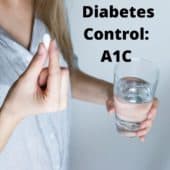
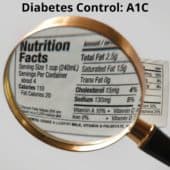
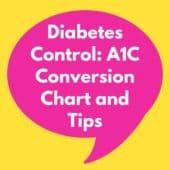
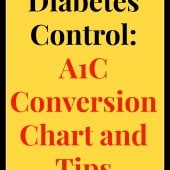
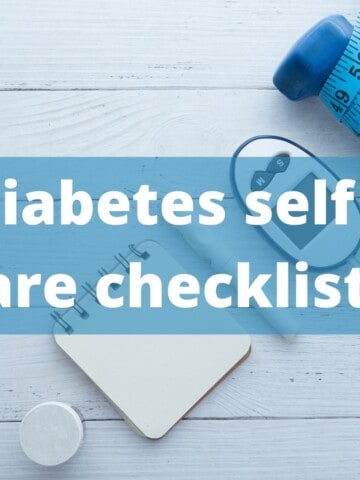
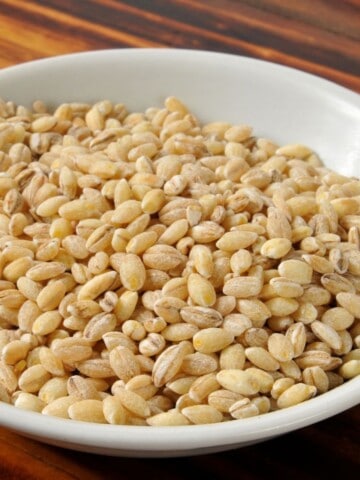


asima
very informative.
Daniel Nikoi
My blood glucose levels are 7 to 19. What is the equivalent A1C? Is there any tables of A1Cs against blood glucose levels?
Charlotte
This chart uses mg/dl. Your lab results may be in another type of measurement. Check with your doctor or health professional for guidance.